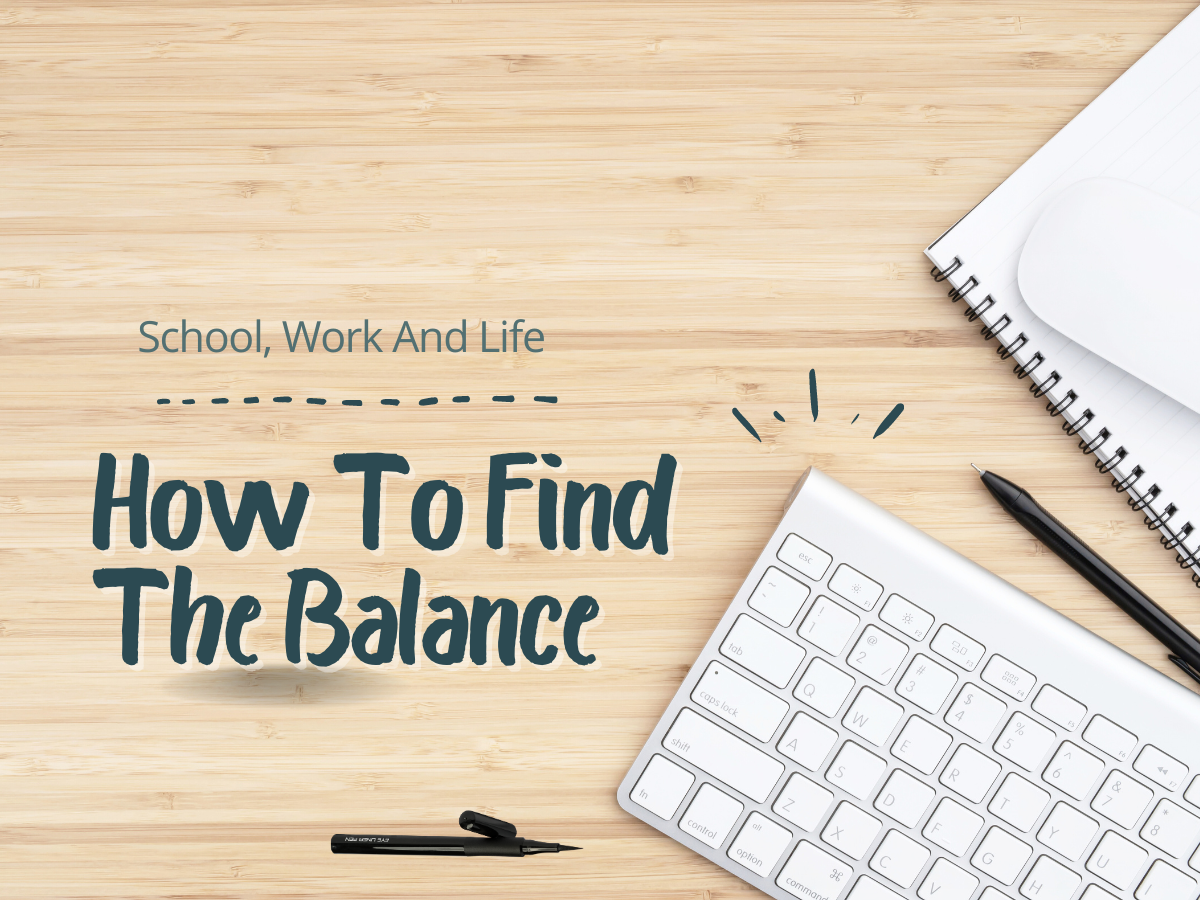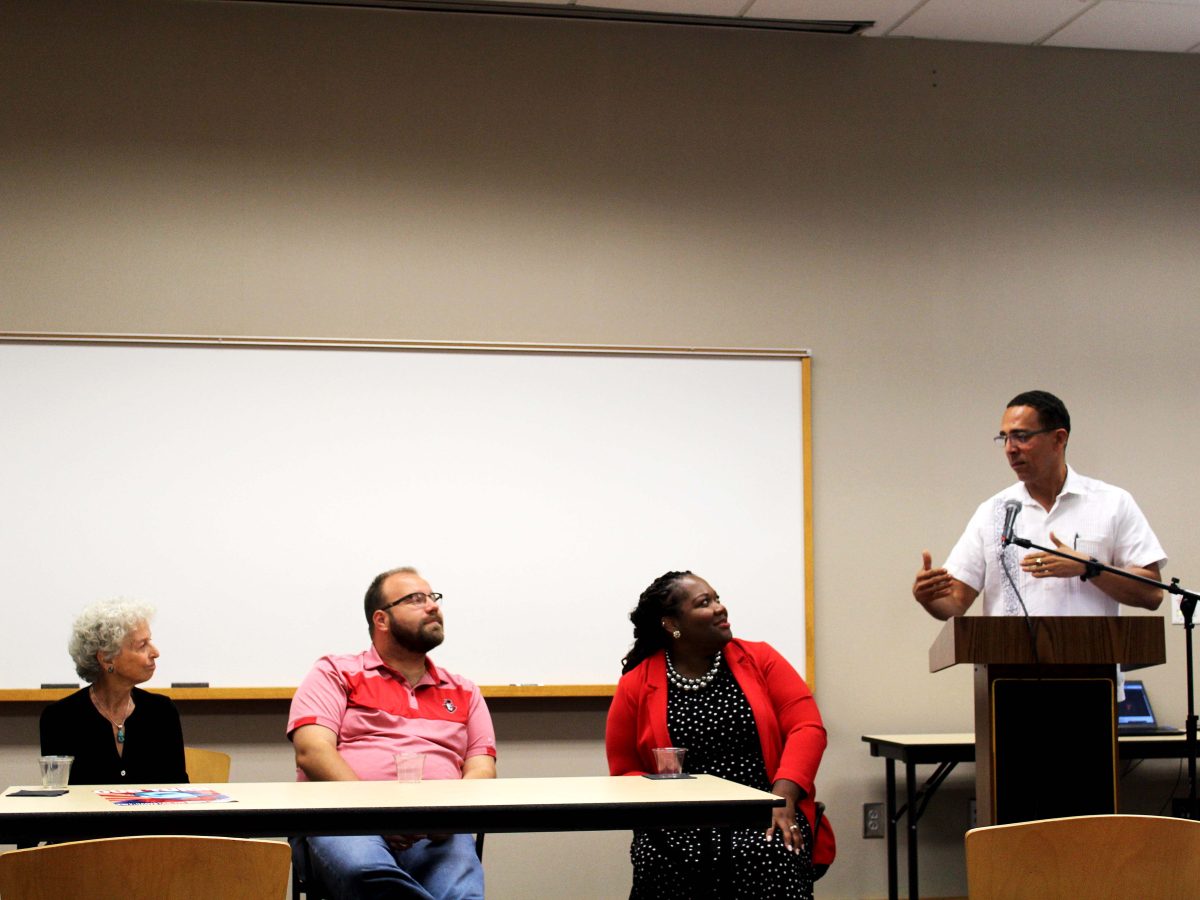“New year, new me,” right? It seems kind of unrealistic to expect much to change overnight, but that should not discourage us from wanting to work on ourselves.
As the end of the year approaches, we start promising ourselves next year we will be different and we will be better.
We welcome the New Year. We ask that it brings us joy, equips us for any struggles we may face and helps us achieve our New Year’s resolutions.
“Self improvement is incredibly important, and New Year’s resolutions help you start with a specific goal in mind,” sophomore economics major Zachary Koziol said.
But how effective are New Year’s resolutions? How long do they last before we throw in the towel?
“I make New Year’s resolutions, and I actually do try to stick with them, especially if it is health related, like increasing my miles when I run,” senior health and human performance major Adam Diaz said.
According to Fortune, the top 10 resolutions are personal in nature, including weight loss, organization, financial discipline, fitness and habit quitting.
“However, it can be hard to commit for the full 12 months,” Diaz said.
According to Forbes, only 8 percent of those who make resolutions achieve their goals.
So is there a reason people do not stick to their resolutions?
“The turn of a calendar year has no significance. Cold weather is definitely not going to give you more motivation, all it is going to do is make you want to lay in bed,” junior broadcast media major Tyler Hughes said.
It is important to not expect too much from yourself. Most of the time people abandon their New Year’s resolutions because they pile too much on themselves.
According to Fortune, resolutions normally reflect short-term thinking. Some professionals believe many people do not have a plan to achieve these “goals”, while others believe that many rush into an idea, like weight loss, without a plan to sustain the goal once it is reached.
The cool thing is that New Year’s resolutions are about personal growth. If you do not achieve your goals, it is not the end of the world. You can always start again tomorrow, next week, next month or even next year.
Whether your resolution plans consist of saving more, traveling more, reading more or exercising more, just be realistic, start small and remember you do not have to rush. If things are hard on day one, know you have 364 days to keep trying.







